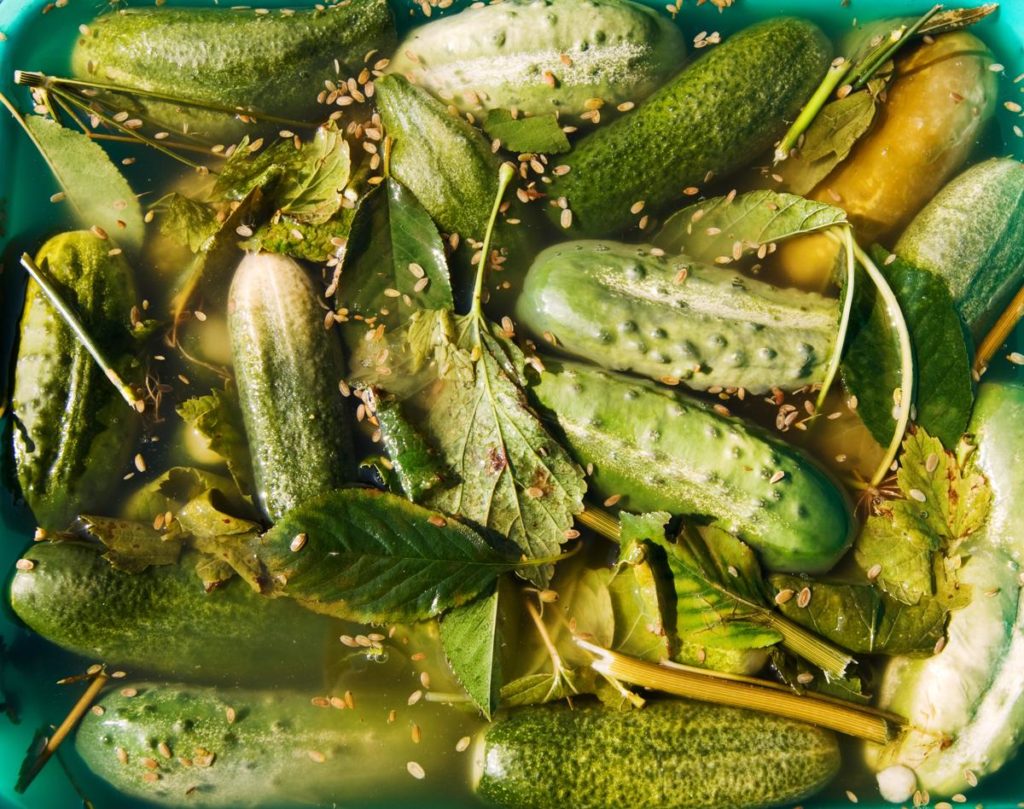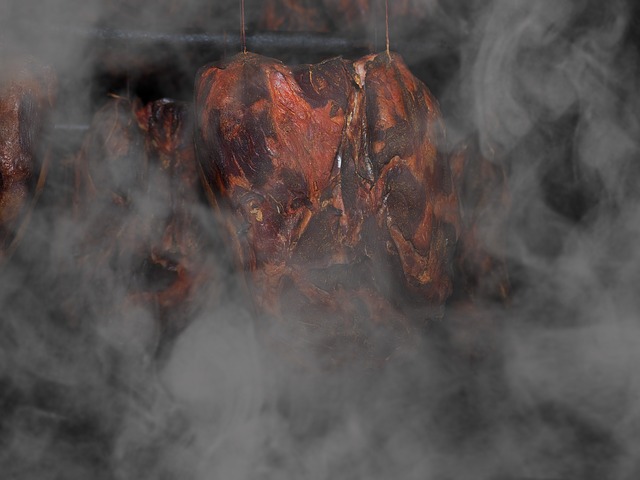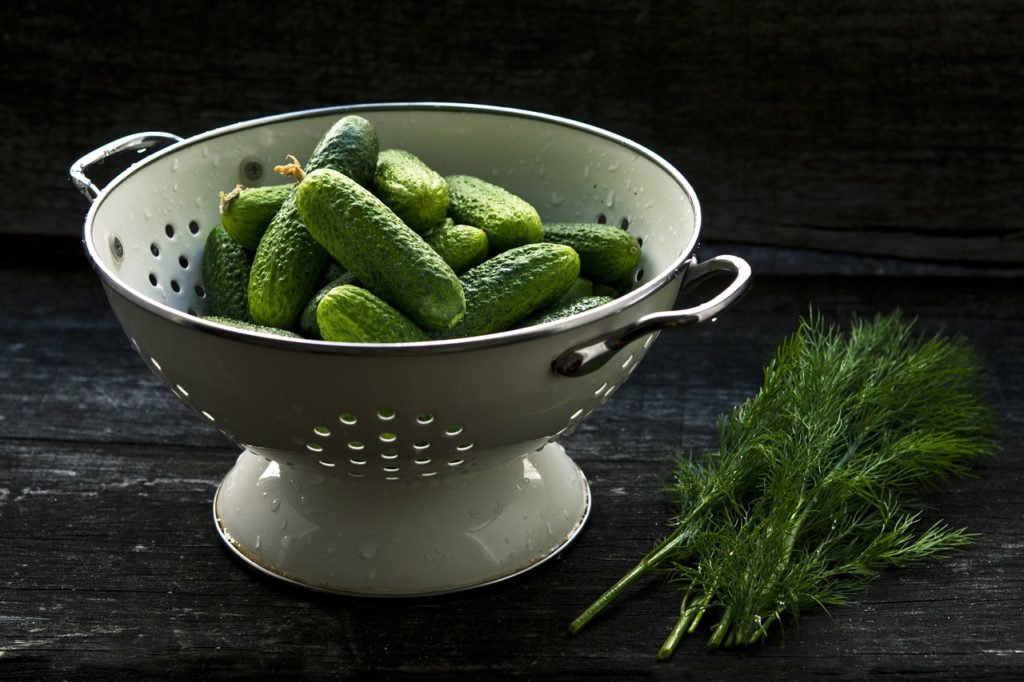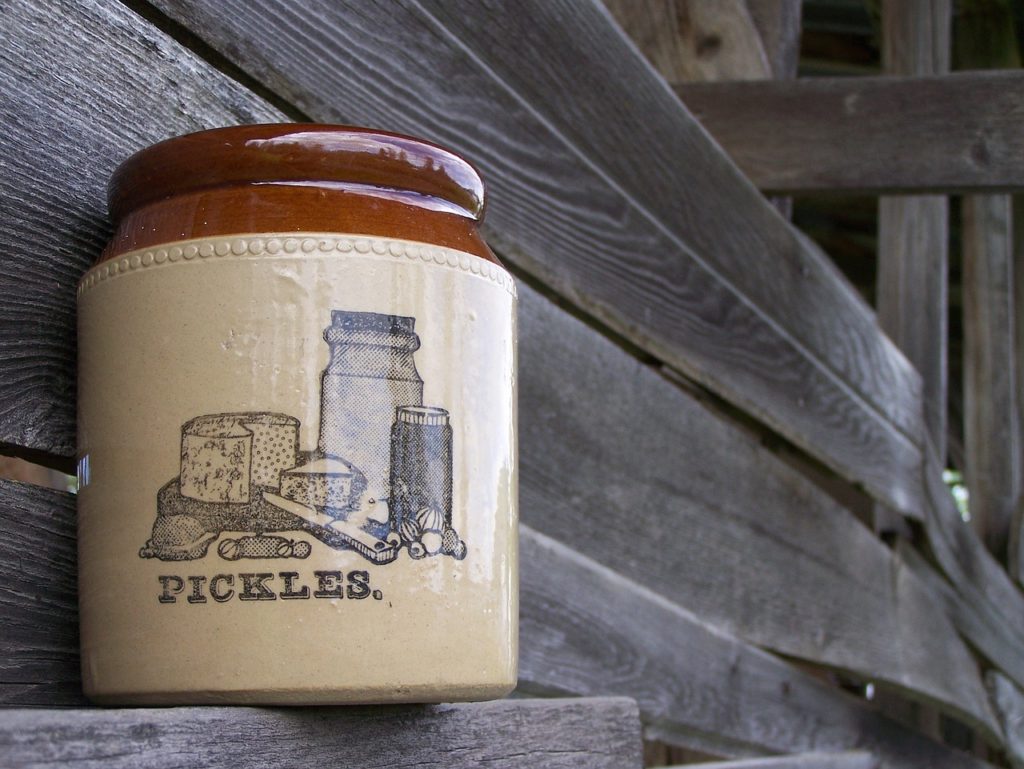Pickling and fermenting are two words used almost interchangeably sometimes which tends to make things confusing. In all honesty, there is some overlap, especially when looking at pickling and fermenting from a historical perspective.
There is a difference between the two and modern methods do separate these two ways of preserving so in this article we are going to explore the difference between pickling vs fermenting.
Table of Contents
What Is Pickling
Pickling simply means to preserve food, be it vegetables, fruit, fish or meat in an acidic solution.
This form of food preservation has happened for thousands of years and a large portion of it includes fermented foods as well as foods submerged in vinegar.
Fermented foods are made by using bacteria which feed on sugar in the food and create acid so fermented foods are, in fact, pickled.
What Is Fermentation
Fermentation covers a whole variety of foods and drinks and not just pickled foods. Beer, chocolate, yogurt are all made via fermentation as well as ferments like dill pickles.
Fermentation relies on yeasts and bacteria which break down a source of food and create byproducts.
- In the case of beer and wine, yeast produce alcohol as well as carbon dioxide.
- In the case of vegetables lactic acid bacteria produce lactic acid as well as carbon dioxide.
Further to this alcohol such as wine can be fermented again by acetic bacteria to produce an acid which we call vinegar. This vinegar can then be used to make, you guessed it, pickles.
Fermented Pickles
Fermented pickles are made by adding salt to the food being pickled. This can either be by sprinkling salt directly on the food which is how sauerkraut is made or by creating a brine with salt and water and submerging the food in the brine, this is how dill pickles are made.
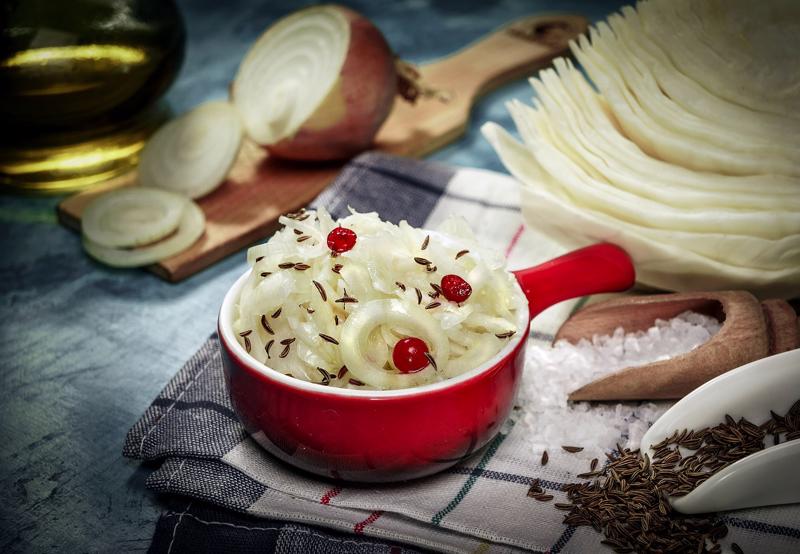
The salt inhibits spoilage bacteria but allows lactic acid bacteria to grow which then create the acid that pickles the food. The whole process takes around a week and the end result is a preserved food that is full of beneficial bacteria.
Vinegar Pickles
On the other hand, using vinegar or even another acid such as citrus juice is a very quick way to make a pickle. The food is simply submerged in vinegar with a high enough acidity and this creates an environment where no spoilage bacteria can grow. This is how pickled onions are made.
Refrigerator pickles are another example of this and as most vinegar is pasteurized, with a few exceptions, there is not any beneficial bacteria present in these pickles like there is in fermented pickles.
The Obvious Crossover: Pickles & Fermentation
Both fermented pickles and pickles made with an acid such as vinegar are pickles.
It is more of a case that not all pickles are fermented.
If you have a particular interest in consuming fermented foods then you can check the ingredients, in most cases fermented pickles contain just the vegetable and salt along with some other spices occasionally.
